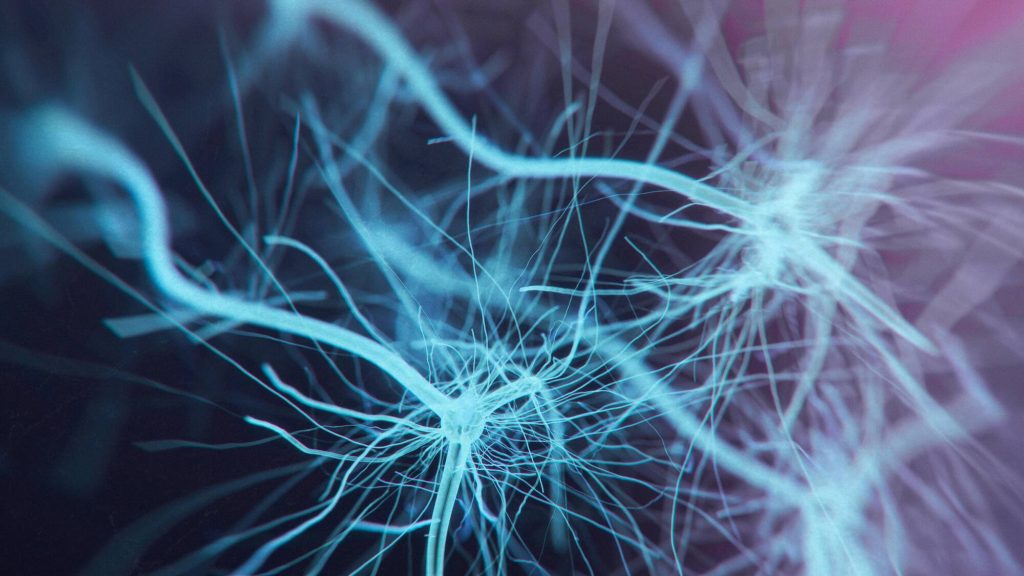-
News Releases
Mayo Clinic awarded federal grant to study experimental ALS drug

JACKSONVILLE, Fla. — Mayo Clinic in Florida has received a grant from the National Institute of Neurological Disorders and Stroke (NINDS) to begin an innovative study that will provide hundreds of patients with amyotrophic lateral sclerosis (ALS) access to the experimental drug ibudilast over six months. The grant totals $22 million. Mayo Clinic will receive $12 million and manage the distribution of the remainder to its collaborators.
The U.S. Food and Drug Administration has granted Expanded Access Program (EAP) status to the study. This program offers a pathway for patients with a serious or life-threatening disease or condition to gain access to an investigational medical product (drug, biologic or medical device) for treatment outside of a clinical trial when no effective therapy options are available.
Björn Oskarsson, M.D., lead investigator for the project and director of Mayo Clinic's ALS Center of Excellence, says the primary measure of the drug's effect on ALS progression will be a blood test that shows whether neurofilament protein levels have changed in patients with ALS. High levels of neurofilament proteins may indicate damage in neurons.
About 200 patients in the program drawn from all three Mayo Clinic sites and other institutions will be able to see their own neurofilament light levels to determine if the drug is right for them. This marks the first time that neurofilament light will be used in this way to guide patients and physicians to make decisions together.
"This trial will let patients monitor their own ALS condition, and we hope to confirm that this will be an effective way to evaluate progress in patients with ALS," Dr. Oskarsson says. "This is important because it is difficult to say if ALS disease progression is speeding up or slowing down. Neurofilament light can be seen as sort of a speedometer that can give an indication whether a treatment is working or not."
ALS is a fatal motor neuron disease. People with ALS often die within three years of diagnosis. While there have been advances in understanding ALS, there is no cure or treatment that significantly improves motor function or extends survival in those with the disease.
In this program, physicians treating ALS patients will join a network managed by Mayo Clinic and WideTrial, an organization focused on expanding patient access to experimental treatments through EAP. BioSEND, which houses biospecimens collected through studies supported by or conducted in collaboration with NINDS, will hold blood samples from the study for future research and help establish an ALS biobank.
MediciNova will provide MN-166, which it’s developing using the active pharmaceutical ingredient (API) of ibudilast, an anti-inflammatory drug, currently used in Japan. The drug's ability to penetrate the central nervous system, block harmful proteins and stimulate cell repair makes it a possible option for ALS treatment.
"It is unfortunate that today we do not yet have highly effective treatments for most forms of ALS," Dr. Oskarsson says. "We urgently need to find such treatments, and this project could get us one or more steps closer to finding our way there."
###
About Mayo Clinic
Mayo Clinic is a nonprofit organization committed to innovation in clinical practice, education and research, and providing compassion, expertise and answers to everyone who needs healing. Visit the Mayo Clinic News Network for additional Mayo Clinic news.
Media contact:
- Kevin Punsky, Mayo Clinic Communications, newsbureau@mayo.edu







